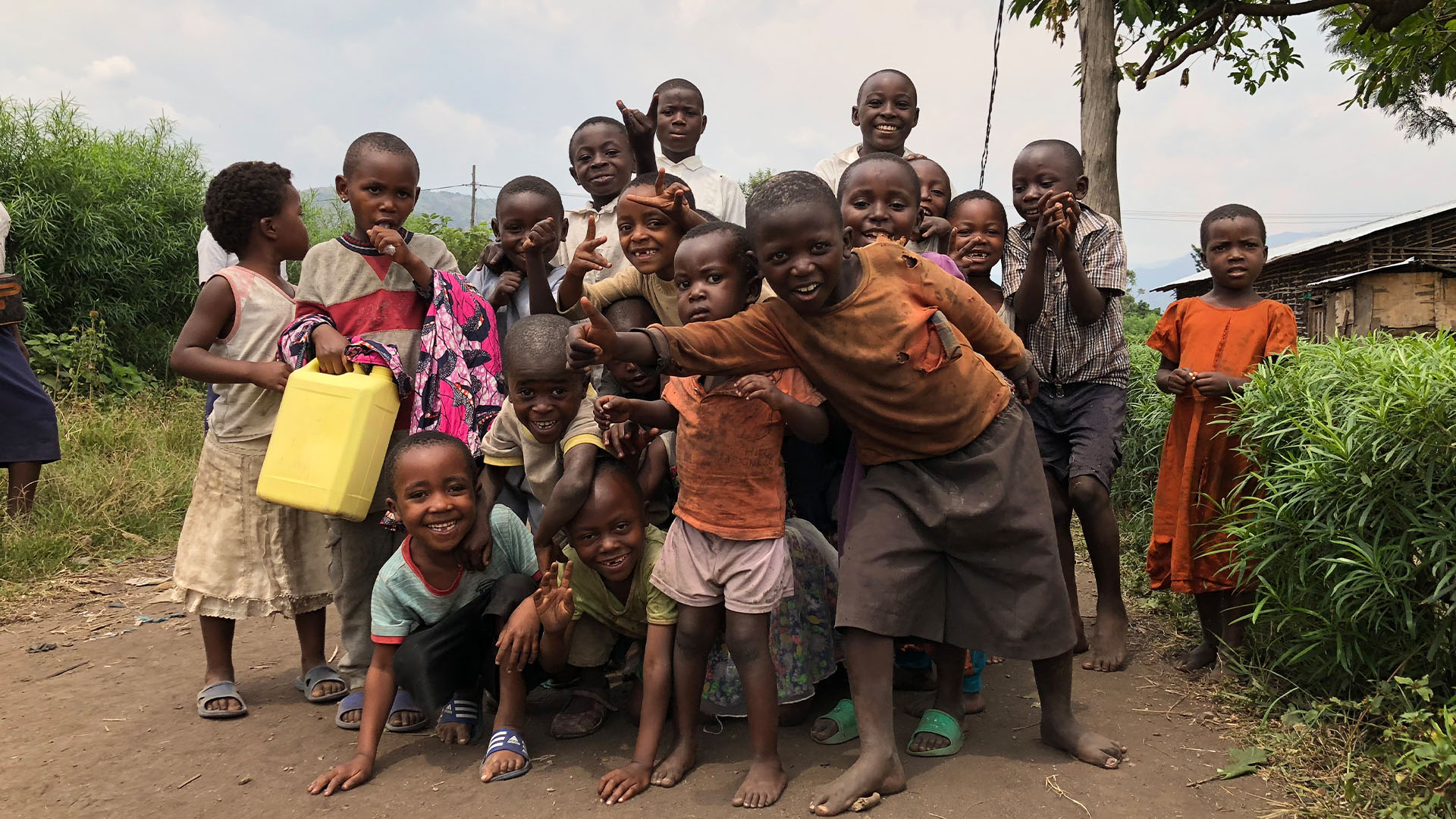Asalina, World Challenge field coordinator for Africa, shares her story of seeing how missions work plays out in the field.
Kenya is actually a Christian country, especially when compared to many countries in Africa. Knowing that, it may seem strange at first that we have done work there. The first time our team visited Kenya, though, we found that many people did not come to church even though most people would say that they know the Lord. The issues of poverty and crime are also very serious in many parts of the country.
The first visit I made to Kenya, the team I was with was traveling to a village in order to deliver 18 Bibles. When we arrived, there were 18 pastors who had gathered and were waiting for us. I wish you could’ve seen these men as we handed them each Bible. You would have thought we were handing them a bag of diamonds. They were so grateful to have the scriptures. There is so much poverty there that ministry is difficult for many local pastors.
Jesus met spiritual and physical needs, and I’m happy to be part of a ministry that addresses both. In Kenya, I saw a lot of spiritual poverty with people who thought they were Christians but knew very little about the Bible or God. There was a lot of physical poverty too, and that became clear when we were invited into the slums.
The challenge of this situation is helping people in their need without encouraging them to have an over-dependency on you. This is true for both spiritual and physical needs. They should grow in their faith and build up believers around them instead of always waiting for some outside preacher to come to them. They need to slowly learn how to see the resources they already have and not be relying on others to give them supplies. This is a slow, growing process.
A good example was in one of the slums where we worked. When we first visited, the team was getting out of the vans, and the woman who was bringing us told everyone, “Don’t leave anything in the car. Take everything with you.” She explained that if we left things in the van, someone would break into it and our things would be gone when we returned.
By the time we went back a few months later, she told us, “You can leave your stuff in the van.” We asked her why.
She explained that after the awareness and vision casting, she’d come back and decided to work with the young people in the slum. Many of the teens and young adults were on drugs or alcoholic and were ignored by adults. This woman started working with them, sharing the gospel and encouraging them that God had given them their life for a reason. She urged them to stop drinking and using drugs, to take up small jobs to earn money. As they began to help neighbors pack dirt for their houses for 50 cents, they were able to save up small amounts of money. The elders of the community saw what these youths were doing, and they bought shovels and other supplies for cleaning work.
Because they were healthier and eating better, not on drugs or alcohol, many of the young people had actually been able to earn enough money to return to school. They receiving an education that might help them leave the slums and build families.
The neighborhood area of the slum that we were revisiting was much cleaner from the young people’s work. Crime was less since many of the teens were working instead stealing. People felt more hopeful because they were seeing the younger generation make these changes.
When you engage with people and the problems they are facing, it’s about more than just making sure their lives are improved or they’re physically healthy. It shows them that God wants them to know him and wants to be part of their everyday lives. When church isn’t just a cultural practice, God becomes real in people’s lives, and the fear of the Lord makes their lives transform.
